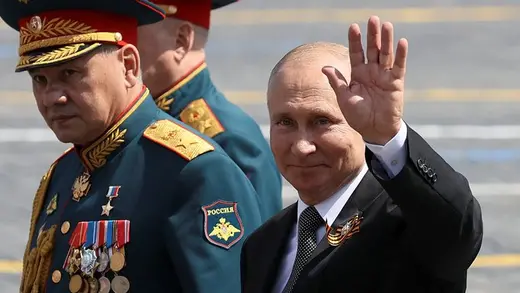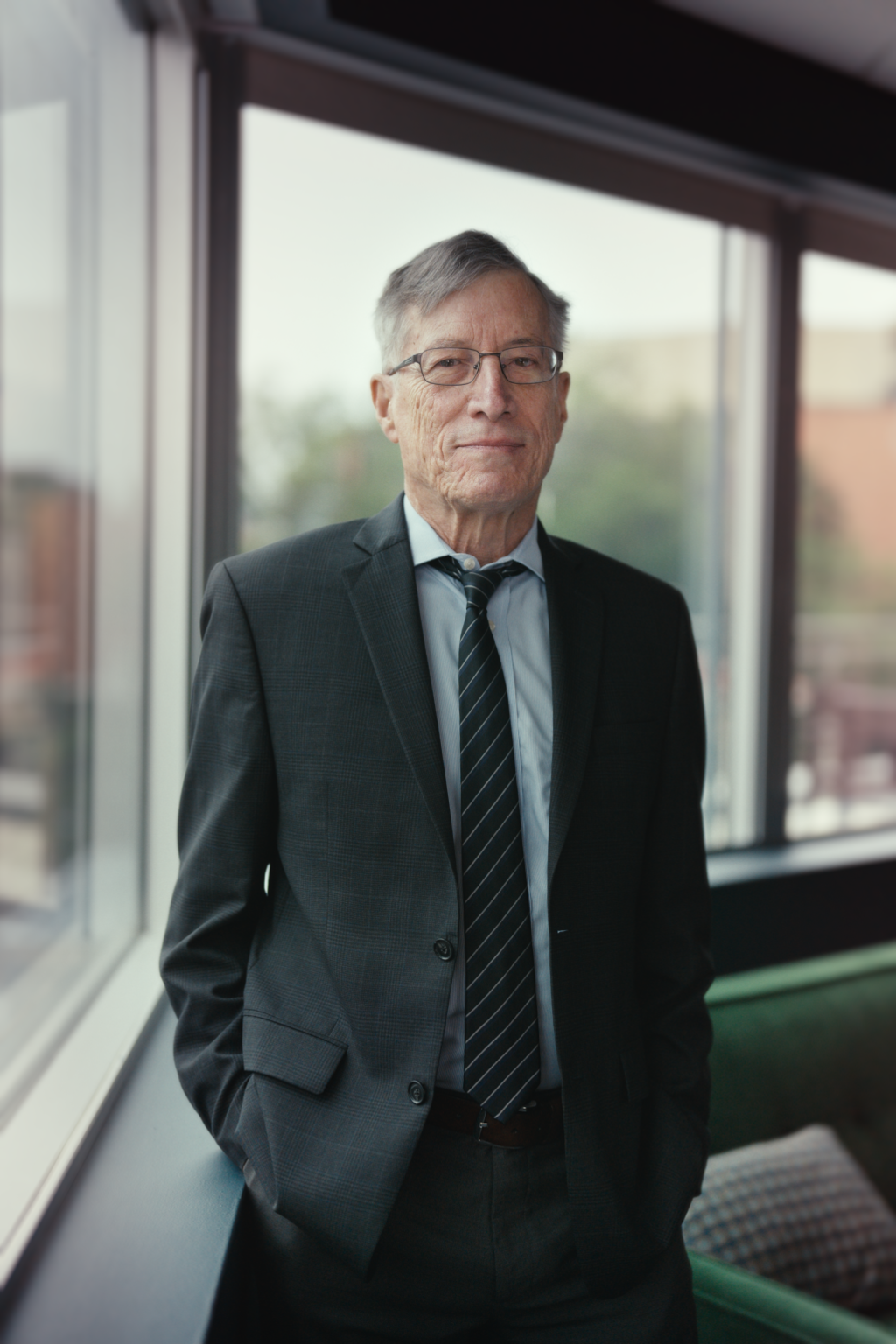Will Russia’s Constitutional Changes Allow Putin to Hold on to Power?
Russians have voted on a sweeping package of more than two hundred constitutional amendments, the most important of which exempts President Vladimir Putin from term limits and potentially allows him to rule until 2036. What does this change mean for the country’s future?
By experts and staff
- Published
Experts
![]() By Stephen SestanovichGeorge F. Kennan Senior Fellow for Russian and Eurasian Studies
By Stephen SestanovichGeorge F. Kennan Senior Fellow for Russian and Eurasian Studies
Not long ago, many Russian observers said Putin was bored with being president. Now he seems to want to rule forever. What changed?
Russians have many theories. Some say Putin doubts he would be safe in retirement: a new leader might seize his wealth or put him on trial. A related interpretation focuses on those around the president who fear that, even if Putin were immune, they would be at risk. All the deals made over the last twenty years could be reopened.
Still another version is that Putin is worried about becoming a lame duck—meaning that as politicians or bureaucrats or businessmen anticipate the end of his tenure, they could start to ignore him. They could band together, challenge his policies, and diminish his power.
I have even heard hopeful speculation that Putin knows major reforms are needed to solve problems such as corruption and slow economic growth, but that he feels he has to put his power on a firmer foundation before moving forward.
Was the outcome of the vote ever in doubt?
Not really—but victory is defined by more than the ballot count alone. Legally speaking, this referendum was completely unnecessary. Constitutional amendments require only a vote by the national parliament and the approval of two-thirds of regional parliaments. Putin apparently worried that these bodies, which enjoy little public prestige, would not confer much legitimacy on the extension of his presidency. So he and his team cooked up the idea of staging a resounding popular endorsement.
But what counts as resounding? What kind of turnout and margin of victory, with what amount of falsification, preceded by how much one-sided state media coverage? Putin will get a win, but it might end up looking a bit hollow.
Despite what many see as afarcical process, does Putin come out of this stronger?
In a very narrow sense, yes. Anyone who thought Putin was on the way out now knows better.
But will the result be a brand new Putin—someone who exercises power more boldly, shakes up the system, jump-starts the economy? Don’t hold your breath. Over the past two decades, his hold on power has rarely been in doubt. On the whole, he has chosen to exercise it very cautiously. Putin has been the ultimate arbiter, the system’s balance wheel.

Yet, that role has also kept him from tackling Russia’s biggest problems. Addressing them would in each case mean taking on major entrenched interest. The reason Putin does not seriously deal with corruption, challenge the security services, boost innovation, or promote the rule of law is that any such initiative would embroil him in a major fight. That is not the kind of president he is. Putin does not want fights; he wants stability. It is no surprise that people have started comparing his tenure to the 1970s era of stagnation, when Leonid Brezhnev’s long tenure led to national drift.
Where does this vote leave Putin’s opponents?
They face a president whose constitutional position is stronger than ever. In that sense, they have lost.
Still, the past six months have not otherwise been good for Putin. A diffident coronavirus response has dented his reputation for decisiveness and competence. Lower energy prices have worsened the economic outlook. His poll numbers have continued to decline, with young people in particular losing their enthusiasm. Other political figures have gained greater visibility and, for the first time, regional governors have a higher overall approval rating than Putin.
This new atmosphere means local and regional elections will offer real opportunities for independent candidates. Putin’s party, United Russia, could have a harder time holding its parliamentary majority in next year’s elections. And if these trends continue, even Putin’s 2024 reelection campaign could be more challenging for him than anyone now imagines. Brezhnev never had to face the voters. Putin does.
